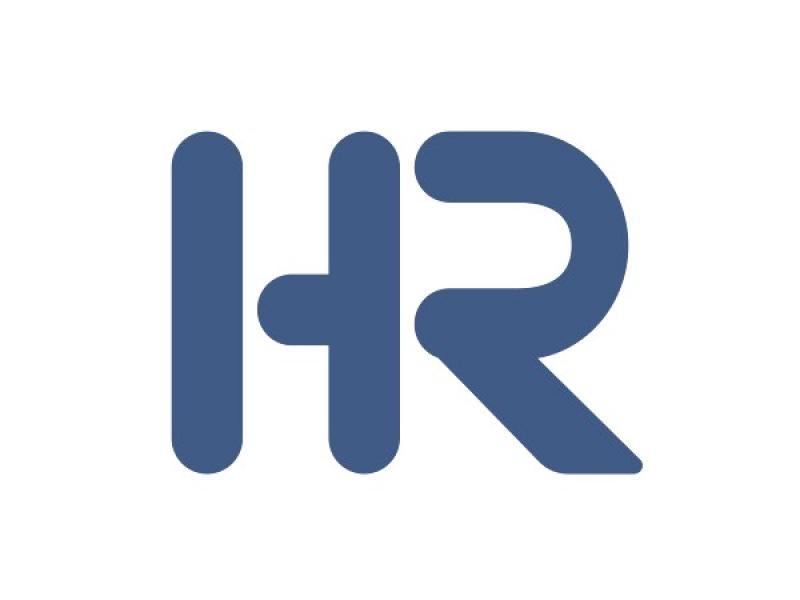
The Station IX multimmersive experience involves a 270-degree visual chamber. Creator Imagine 4D is seeking a residential real estate developer to bring a project to market within the next year or so to partner and develop a marketing experience. (Courtesy Imagine 4D)
A Montreal technology firm which creates immersive, headset-free 3D environments is looking to team up with a residential real estate developer which will be marketing a new project in Canada next year. To sweeten the deal, a government grant will foot a chunk of the costs.
Imagine 4D makes the Station IX Multimmersive Experience, an immersive showroom the company says is ideal for helping to sell new residential developments, as it allows clients to virtually experience the units in a theatre-like setting.
“It’s a great tool to sell residential,” says Johanne Royer, marketing director at Imagine 4D. “You are teleported into your future apartment. You can see the view from your building – how it looks outside, the sun and the night view – it’s amazing.
“For real estate, it’s a great tool to have to make a ‘wow’ effect and sell to your future customers.”
The immersive technology is being used by the U.S. Army for training troops about the terrain in places like Afghanistan. It’s also being used for digital training by nuclear energy companies.
Major potential for real estate market
Imagine 4D is now entering the real estate market, which Royer hopes will grow to represent a third of the company’s revenue.
To help the company get a footing in the sector, Imagine 4D has secured a grant from a government department responsible for export and innovation. The grant covers a significant portion of Station IX costs for two real estate projects.
The first deal was with Laval-based developer Montoni, which will use Station IX technology at its head office to promote its portfolio of industrial sites and the mixed-use Espace Montmorency development in Laval, which is now under construction.
Imagine 4D is now aiming to ink a deal with a developer that is launching a project in Canada (outside of Quebec) next year.
“For us, it’s important to show that we’re open to export it,” Royer says. For a high-end residential project, it “could be amazing.”
Imagine 4D builds headset-free 3D worlds
Imagine 4D was founded in 2015 by co-founder and CEO Fernando Petruzziello. He had the same titles at Mechtronix, a manufacturer of full-flight simulators and provider of pilot training services, which was acquired by Textron in 2013.
Station IX launched in 2018 with Reflected Reality, the company’s proprietary technology which allows users to experience 3D virtual worlds in a headset-free environment.

Viewers experience Station IX via a 270-degree screen which creates an immersive 3D atmosphere. (Courtesy Imagine 4D)
Headsets for 3D viewing are uncomfortable and people get tired wearing them, Royer says. As a result, “it’s really rare that people are using them efficiently.”
Petruzziello “decided to do something different and find a technology that reflects reality – a way to reflect the image with seven mirrors that are positioned in the round.”
Once a person enters the Station IX showroom, “you are immersed and you don’t need any goggles. You have a 270-degree view. You enter into the world of immersion,” Royer says. And, unlike headsets, “you don’t feel dizzy. You can stay there for as long as you want.”
That’s because the technology “is built on how the brain receives and computes information. The depth of the view is in line with how the brain works,” she says. “You’re teleported into your environment and you’re very comfortable in it.”
Imagine 4D is not the only Montreal-based tech firm which has promoted an immersive experience to sell real estate. In 2018, for example, McGill Real Estate used Montreal-based Immersive Design Studios’ large-screen immersive experience, called Canvas, to help sell the 243-unit Charlotte Condos Société condo development in Griffintown in Montreal.
Three sizes of Station IX
The Station IX technology come in three sizes – a small station for one-person for training, a medium station for up to six people and an auditorium format that can go accommodate 15 to 30 people.
They’re made at Imagine 4D’s 25-employee headquarters in Dorval, a suburb of Montreal. The company also has a showroom in Orlando.
The systems can be bought or rented annually. They are easy to dismantle if they need to be moved to different sites, Royer says.
Salespeople can be trained to operate Station IX in an hour or two, she says. The training time is less for gamers who will find it “very intuitive and easy-to-use.”
Residential developers interested in partnering with Imagine 4D can apply at www.imagine-4d.com/residential-real-estate-open-call. The deadline is Oct. 30.
Imagine 4D is requesting a brief description and the target launch period of each residential project. Interviews will follow suit with qualified applicants.
To qualify for the grant funding, the Station IX system has to be installed by the end of 2021, but Royer says Imagine 4D hopes to find a developer that will be ready to use it in time for the spring 2021 buying season.
EDITOR’S NOTE: This article was edited shortly after being published to remove a reference to financial information which was proprietary to Imagine 4D. The information had been provided in error, by Imagine 4D, during an interview.











